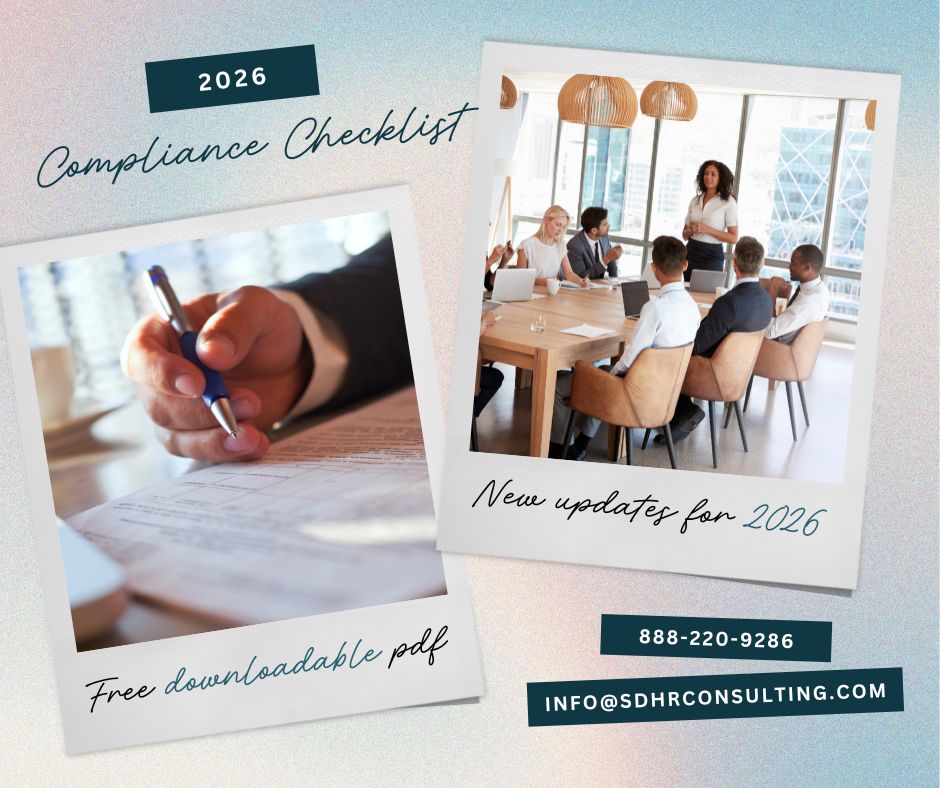
Politics and Professionalism: Managing Political Expression in the Workplace
Our nation is founded on the ability to express our opinions and allow one vote per eligible person. We are less than 90 days away from the election and it continues to be one of the main topics of conversations everywhere you go. Below are a few questions employers may encounter and how to handle the topic in the workplace.
How do I get my employees to stop talking about politics?
The question on most employers’ minds is how they prevent employees from discussing politics at work, but the short answer is we don’t. The NLRA protects employees and their right to express their views on political subjects or candidates.
Politics is distracting employees from their work. What should I do?
While we don’t want to prevent employees from discussing their political beliefs, it is okay to remind employees that their priority should be their clients and work-related tasks. Coaching employees on the appropriate times to discuss politics is a great way to refocus employees. An ideal time for employees to discuss politics is during their breaks or before or after work.
What if an employee wants to miss work for a political event? What if I don’t agree with the message of the event?
Employers should walk through the time off request process as if it is a vacation request. Review the business needs, and the employee’s available time off balance (PTO or vacation time) and then process the time off request fair and consistent manner. If other employees have taken time off for political reasons, then you want to ensure you are allowing all employees the same potential civic engagement.
Even if you don’t agree with the message of the political event or the candidate they are supporting you need to stay neutral as they are requesting to participate when they are not on company time. SDHR Consulting can help you create a policy that can be used consistently for time off requests.
An employee’s political discussion is becoming discriminatory or harassing. What should I do?
Even though employees are allowed to discuss their political beliefs that doesn’t mean there aren’t boundaries on what they are allowed to say or do. If any employee feels as if they are being harassed based on what someone is saying, then you must take their complaint seriously and investigate what took place.
During the investigation, you want to figure out the following information:
- Who was involved?
- Where did it occur?
It is important to make sure that the discussion took place during work hours at work - What was said?
You want to ensure the discussion was harassment and not an employee expressing their political beliefs
We are a non-profit. Is there anything we should be aware of?
As a non-profit, you mustn’t specify your support or opposition to a specific candidate. Per the IRS “Under the Internal Revenue Code, all section 501(c)(3) organizations are absolutely prohibited from directly or indirectly participating in, or intervening in, any political campaign on behalf of (or in opposition to) any candidate for elective public office.”
In addition, it should be made clear to your employees that if they are posting on social media, blogs, or other public forums they should include a statement that states “all views expressed are my own and not reflective of the Company.”
This period before an election might feel difficult to navigate but SDHRC is here to support you with the creation of policies and to walk through conversations with your employees. Contact us at info@sdhrconsulting.com with any questions you may have.




